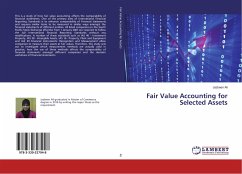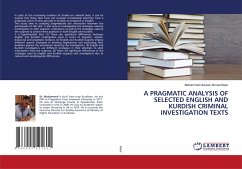This is a study of how fair value accounting affects the comparability of financial statements. One of the primary aims of International Financial Reporting Standards is to enhance comparability of financial statements and requires similar items to be measured in similar ways amongst the financial statements of different entities. All listed companies on the South Pacific Stock Exchange effective from 1 January 2007 are required to follow the full International Financial Reporting Standards without any modifications. A number of these standards such as IAS 40 - Investment Property, IAS 38 - Intangible Assets, IAS 16 - Property, Plant and Equipment and IAS 39 Financial Instruments: Recognition and Measurement allow companies to measure their assets at fair values. Therefore, this study sets out to investigate which measurement methods are actually used in practice, how the use of these methods affects the comparability of financial statements amongst different companies and the decision usefulness of financial statements.
Bitte wählen Sie Ihr Anliegen aus.
Rechnungen
Retourenschein anfordern
Bestellstatus
Storno








